7 Important New HomePod Details You Should Know

HomePod will officially become available for pre-order this Friday, Jan. 26. It’ll ship to stores and consumers on the second Friday next month, Feb. 9.
As Apple’s first smart speaker, HomePod has a lot riding on it. But other than its music-oriented features and its premium price of $349, there are actually quite a few other things worth knowing about the device. Use the Right Arrow to Browse 7 Important HomePod Details You Should Know About.
7 You Can’t Use Spotify With It
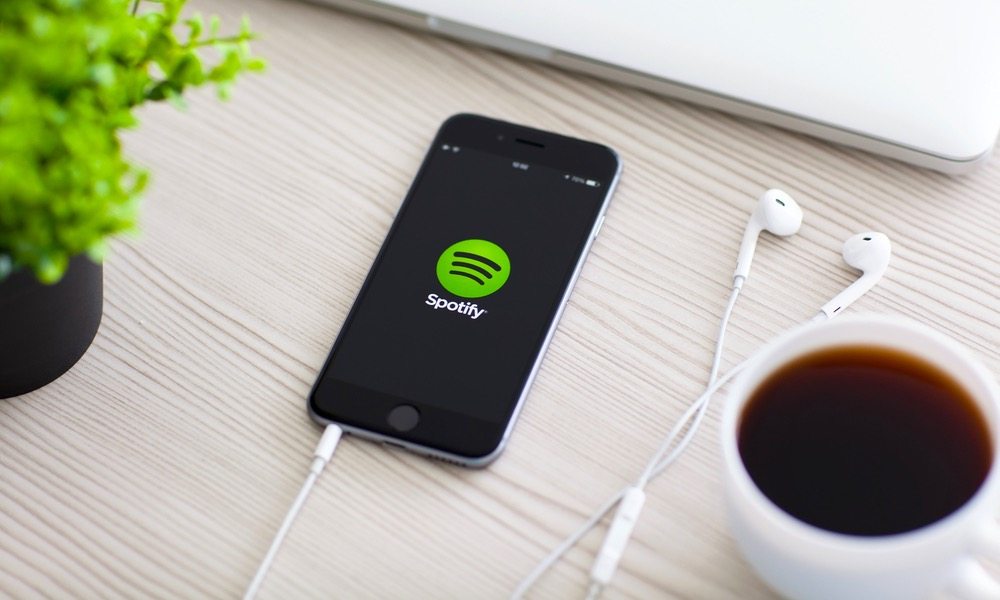
While Apple has encouraged developers to begin creating Siri-compatible apps for HomePod, it’s limited those apps to three categories: messaging, lists and notes. Sadly, that means you won’t be able to ask Siri to play music through third-party services like Spotify.
That means you’ll need an Apple Music subscription to stream songs. There’s no telling whether or not Apple will eventually add third-party music support to Siri. On the other hand, you can use AirPlay to stream third-party music apps, and you’ll be able to play your iTunes library through HomePod, too.
6 AppleCare+ Is Available
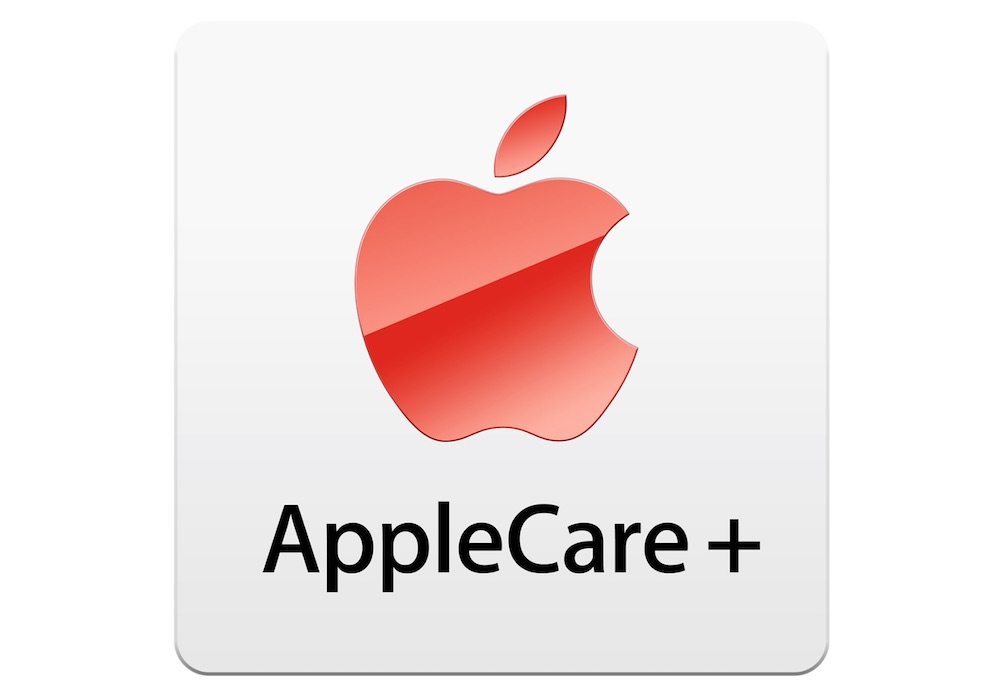
Apple didn’t mention it in its HomePod launch press release, but consumers will be able to buy the extended AppleCare+ warranty for the smart speaker. Reportedly, it will cost $39, according to an internal Apple Store employee memo.
As with other AppleCare+ plans, the HomePod coverage will extend its warranty from the standard one year to two years. It also includes support for two incidents of “accidental damage,” though users will have to pay a $39 fee for service if it isn’t a manufacturer issue.
5 It’s Only Launching in Three Countries (to Start)
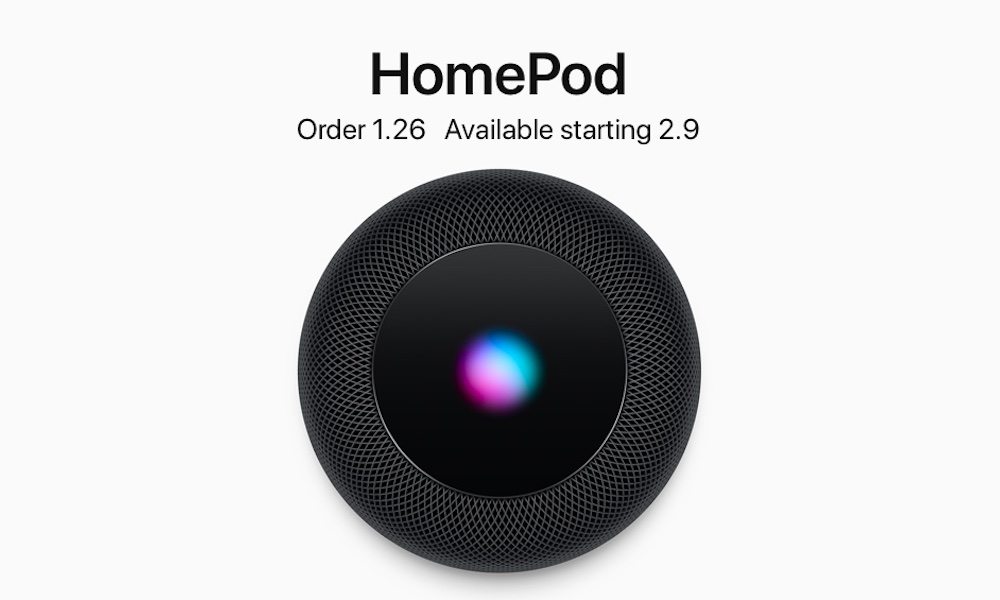
HomePod will initially be available in the United States, the United Kingdom, and Australia. Additionally, at launch, the only available language will be English. Germany, France will launch this spring, with more countries presumably coming later.
That said, there’s nothing stopping you from using HomePod abroad. According to user reports, HomePod will be fully functional in any country — so you can buy one in the U.S. and bring it back to Canada, for example. The caveat is that, again, English will be the only language initially.
4 You’ll Need iOS 11.2.5
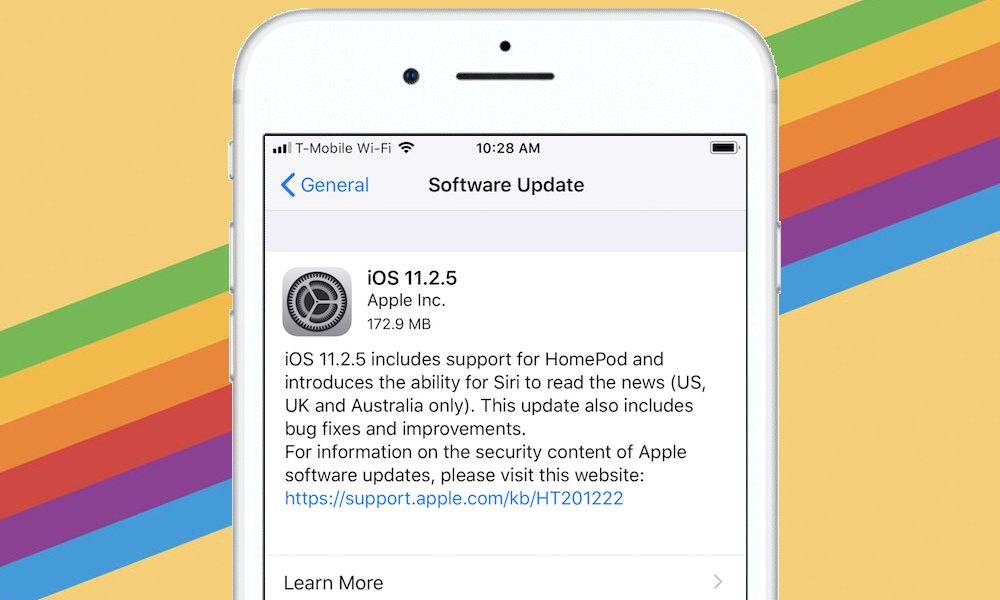
Apple on Tuesday released iOS 11.2.5. It’s a fairly small update to the mobile operating system, but in its release notes, Apple says that the software update adds support for HomePod. Presumably, that means you’ll need iOS 11.2.5 to get the most out of HomePod, or even sync with HomePod at all.
With the addition of HomePod support, iOS 11.2.5 will let users seamlessly and automatically synchronize their Apple ID credentials, Siri, Apple Music, Wi-Fi login details and other important settings to the smart home speaker. Thankfully, iOS 11.2.5 is a free update (find it under Settings > General > Software Update).
3 It’ll Ship Without Some Features
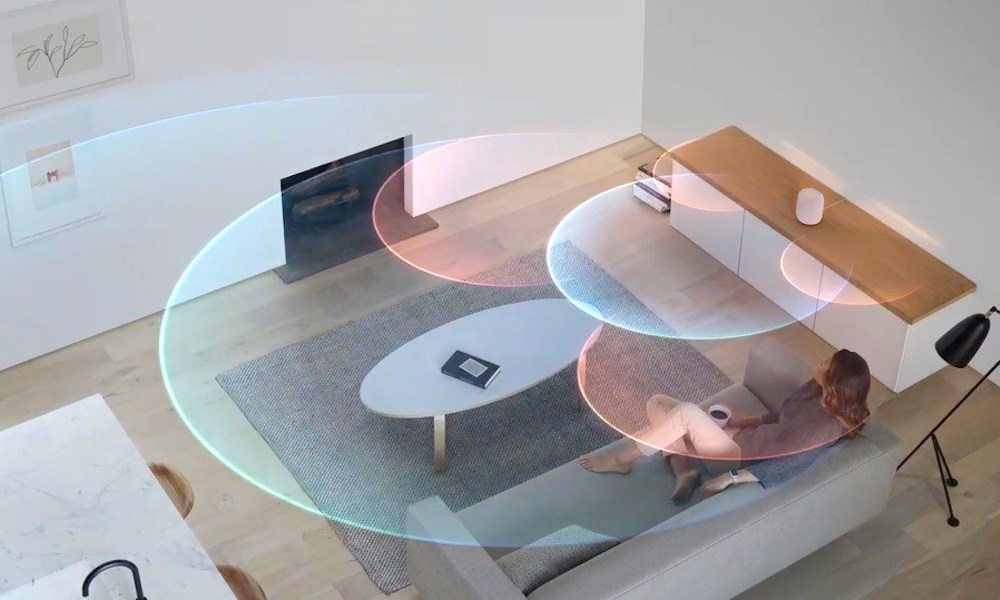
While HomePod will begin shipping out in a few weeks, a few of its crucial audio features won’t be shipping with it. According to Apple, these features will be included in a future software update.
As we’ve covered previously, that includes stereo sound, which will let users separate two HomePods into right and left channels, and Multi-Room audio, which will let users send audio tracks to a separate HomePod in a different room.
2 Anyone Can Use It for Calls
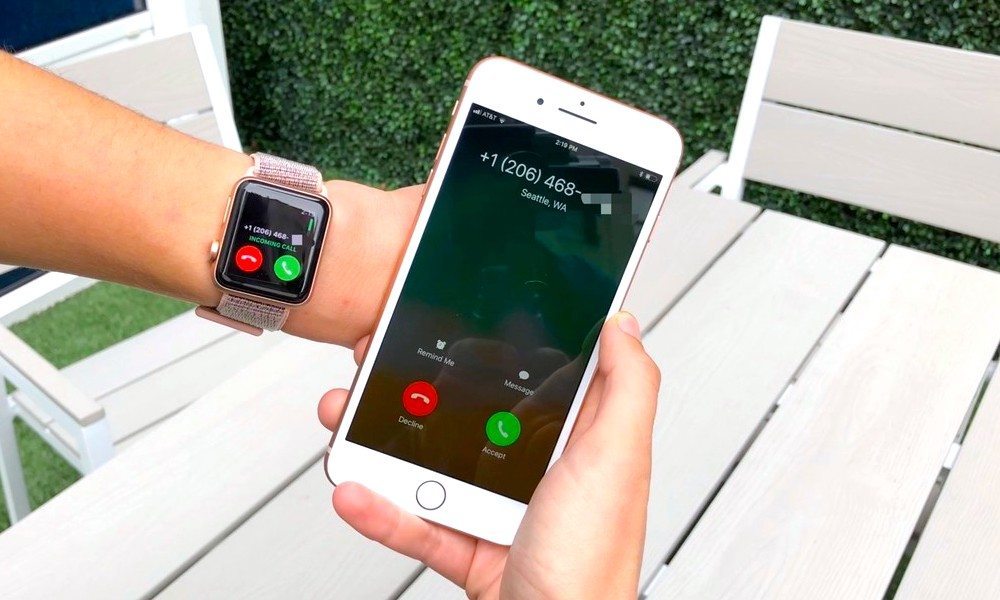
HomePod isn’t just a music-focused speaker, it’s also a microphone and speakerphone for nearby iPhone devices, allowing for convenient hands-free calling with “crisp and clear audio,” as Apple puts it. Users will be able to hand-off both made and received calls. And anyone nearby can use it.
Basically, anyone near the HomePod with an iPhone will be able to “hand-off” their call to the smart speaker — so the functionality isn’t limited to a single device connected and paired to the speaker or the primary user’s account. Presumably, this feature will only work with iOS devices, but we can’t confirm that currently.
1 It’ll Be a True 'Smart' Speaker
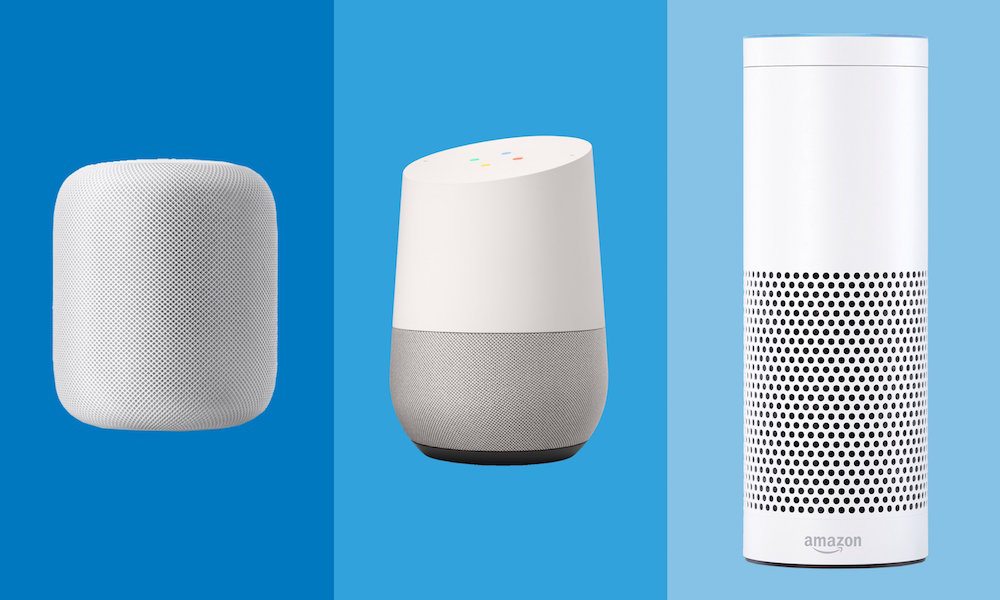
Despite its music-oriented capabilities, HomePod isn’t just a glorified iPod with a speaker attached. It’ll sport roughly the same set of capabilities as other similar smart speakers on the market — including hub control for HomeKit-enabled appliances.
Per a leak earlier this week, HomePod users will be able to set scenes, including parties and movie nights. And yes, some of those scenes will let users kill the “always-on” listening for Siri. And contrary to previous rumors, HomePod will respond to commands from anyone — not just a single user.
